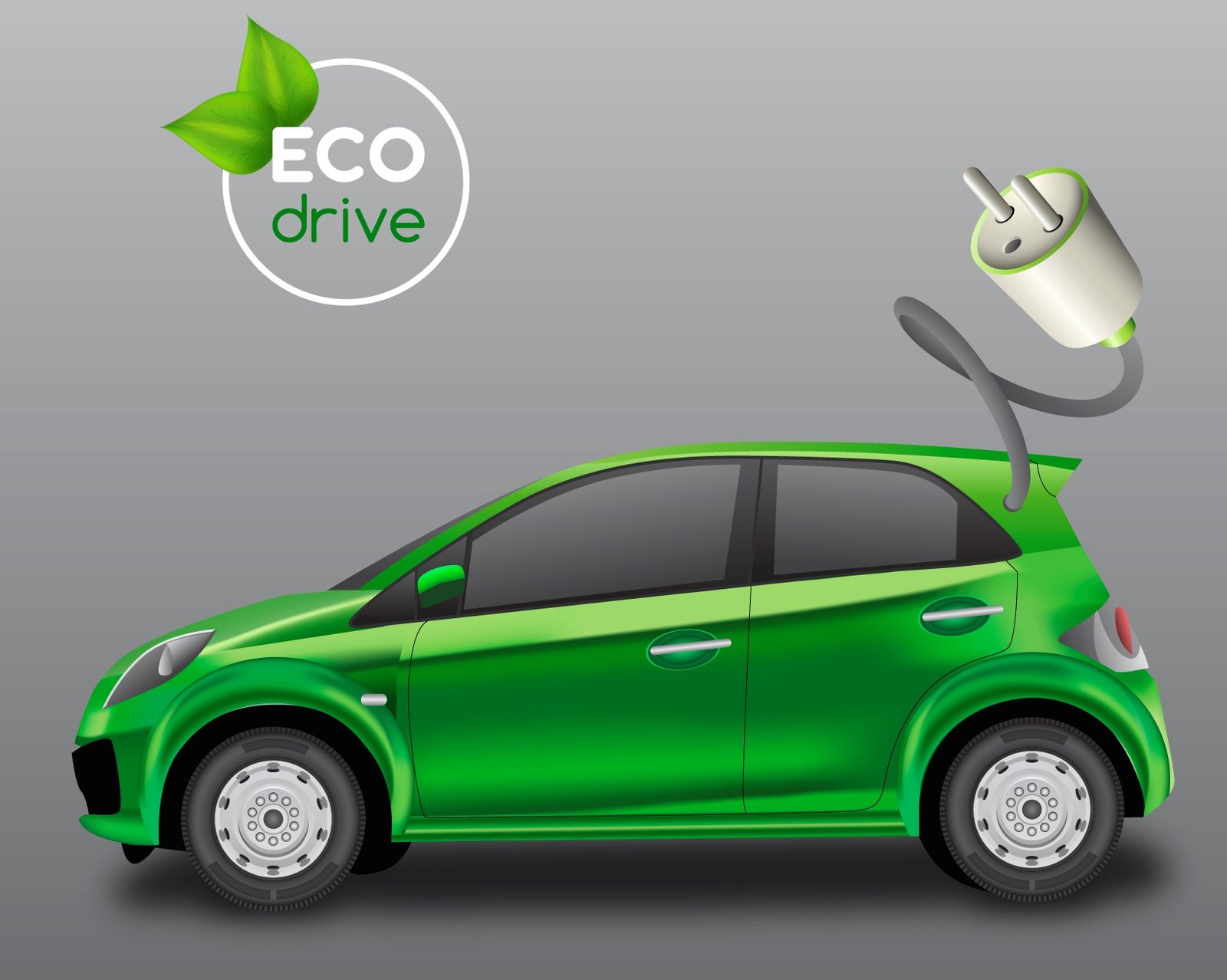Hybrid Cars
Hybrid cars have taken the automotive industry by storm, Different types of hybrid cars offering a greener and more fuel-efficient alternative to traditional gasoline-powered vehicles. But did you know that not all hybrid cars are created equal? In this comprehensive guide, we’ll delve into the fascinating world of hybrid cars and explore the various types available in the market today.
1. Introduction
The Rise of Hybrid Cars
Hybrid cars have gained immense popularity in recent years due to their eco-friendly nature and impressive fuel efficiency. These vehicles combine traditional internal combustion engines with electric propulsion systems, resulting in reduced emissions and improved gas mileage.
Understanding Hybrid Technology
At the heart of every hybrid car is a sophisticated technology that seamlessly blends the power of a gasoline engine and an electric motor. This synergy allows hybrid cars to operate efficiently in various driving conditions while minimizing their environmental footprint.
2. Different Types of Hybrid Cars
Hybrid Cars Overview
Hybrid cars come in several distinct types, each with its own set of advantages and characteristics. As it shown the most basic types:
Plug-in Hybrid (PHEV)
Plug-in hybrids, often referred to as PHEVs, offer the flexibility of electric-only driving with the added assurance of a gasoline engine. These vehicles can be charged via an electrical outlet and typically have larger battery capacities, allowing for longer all-electric ranges.

Hybrid SUV
Hybrid SUVs combine the spaciousness and versatility of sport utility vehicles with the efficiency of hybrid technology. They are ideal for families and individuals who require ample cargo space and a higher seating position.

Hybrid Sedan
Hybrid sedans are known for their sleek designs and excellent fuel economy. They are a popular choice for daily commuters seeking a balance between style, efficiency, and environmental responsibility.
3. Key Features of Different Type of Hybrid Cars
How They Work
Example: Toyota Prius (Hybrid)
The Toyota Prius, a well-known hybrid car, operates by seamlessly switching between its gasoline engine and electric motor. It uses regenerative braking to capture and store energy that would otherwise be wasted, further boosting fuel efficiency.
Fuel Efficiency
Example: Chevrolet Volt (Plug-in Hybrid)
The Chevrolet Volt, a plug-in hybrid, offers impressive fuel efficiency by allowing drivers to rely solely on electricity for shorter trips. When the battery is depleted, the gasoline engine seamlessly takes over, eliminating range anxiety.
Environmental Impact
Example: Toyota RAV4 (Hybrid SUV)
Hybrid SUVs like the Toyota RAV4 reduce emissions and environmental impact by relying on electric power during city driving and automatically engaging the gasoline engine on highways. This dual-mode operation optimizes efficiency.
Cost Savings
Example: Honda Accord (Hybrid Sedan)
The Honda Accord Hybrid boasts lower operating costs thanks to reduced fuel consumption. Additionally, it often qualifies for government incentives and tax credits, making it an attractive choice for budget-conscious buyers.
4. Comparative Analysis
To help you understand the differences between these hybrid car types, let’s compare four popular models:
- Toyota Prius (Hybrid)
- Fuel Efficiency Champion
- Compact Design
- Ideal for City Driving
- Chevrolet Volt (Plug-in Hybrid)
- Extended Electric Range
- Seamless Transition to Gasoline
- Versatile Charging Options
- Toyota RAV4 (Hybrid SUV)
- Spacious Interior
- All-Wheel Drive Capability
- Enhanced Traction and Stability
- Honda Accord (Hybrid Sedan)
- Stylish and Comfortable
- Excellent Fuel Economy
- Budget-Friendly Option
5. Which Type of Hybrid Car is Right for You?
Choosing the right type of hybrid car depends on various factors, including your lifestyle, driving habits, and budget. Consider the following:
- Factors to Consider
- Daily Commute Distance
- Charging Infrastructure
- Environmental Concerns
- Personal Preferences
- Size and Style
- Interior Features
- Brand Loyalty
- Budget and Cost of Ownership
- Purchase Price
- Fuel and Maintenance Costs
- Resale Value
6. Conclusion
In conclusion, hybrid cars offer a wide range of options to suit the diverse needs of today’s drivers. Whether you prioritize fuel efficiency, environmental responsibility, or style and comfort, there’s a hybrid car type that’s perfect for you. Make an informed choice by considering your specific requirements and budget, and you’ll be on your way to enjoying the benefits of hybrid technology.
you can also read about Exploring Hybrid Vehicle
With this comprehensive guide, you now have a better understanding of the “types of hybrid cars” and can confidently embark on your journey to greener and more efficient driving.
Detail about hybrid electric vehicle
Explore the possibilities, and take the first step toward a sustainable and eco-friendly future with your very own hybrid car.



1 thought on “Exploring Different Types of Hybrid Cars”